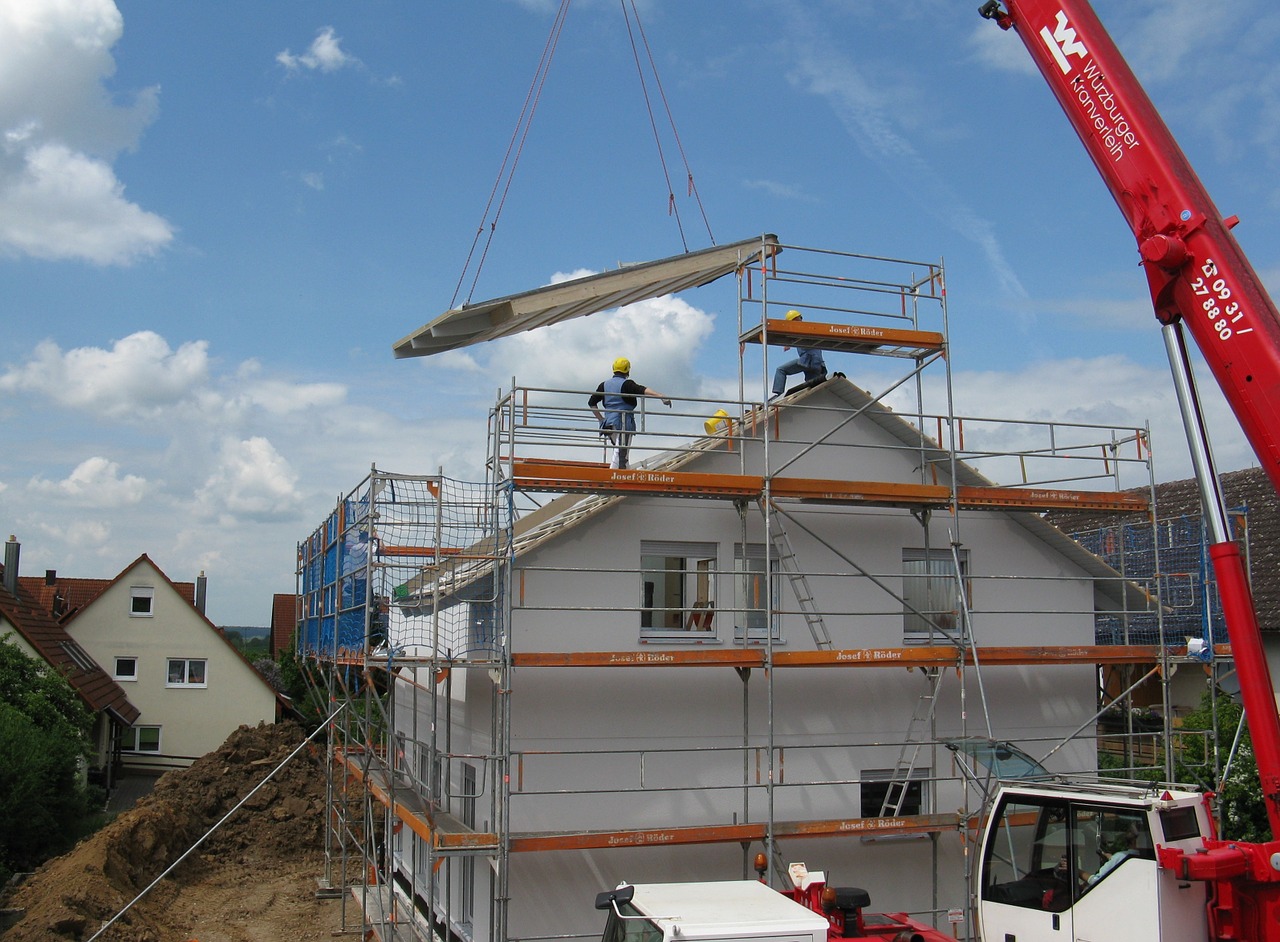 Building your own house may seem like a crazy thought, but it doesn’t have to be. You will save money in the long end because you won’t need to remodel an older house, and you can make your home exactly how you want. You will be able to create your dream home and it’s not as overwhelming as you think. Buying land
The first step to building your own house is buying the land. You can either pay cash or get a loan from a bank. You will most likely have to clear the land. There will be overgrown plants and trees, along with large rocks that you will need to clear. You may have to rent large vehicles. It will cost money and time, so make sure to factor that into your budget and timeline. Decide on house plans or architect
There are two paths you can take when deciding on what you want your house to look like. You can first search for house plans on the Internet and pick a stock house plan. If you have a vision already of what you want your house to look like, you can hire an architect. Hiring a local architect will lessen some of your stress since they will know all your local building codes and building practices.
Hire a builder or be your own builder
If you’ve never built a house before, it may be a good idea to hire a builder. Make sure you do your research on the builder you decide to hire. You’ll want one with a reputable background. Also, check that they have worked in your area for a few years. This will also ensure that they will know local codes and permits.
Determine estimate of cost
Whether you decide to be your own builder or you hire one, you will need to create an estimated cost breakdown of your home. Your builder will usually do this but if you don’t hire one, you’ll have to do it on your own. The breakdown should include estimates of the following:
- Lumber
- Framing
- Plumbing
- Heating
- Electrical
- Painting
You’ll want accurate numbers and not guesses. This will help you stay on budget and make sure you’re not over spending.
Read the contract
When you hire a builder, they will write a contract. Make sure to read the contract carefully. If you’re unsure about something within the contract, don’t be hesitant to ask questions. There will be two types of contracts.
- Fixed contract. This contract is simple. It will have the cost breakdown and the builder will provide a list of responsibilities.
- Cost plus contract. This is more common for large construction loan projects. The builders prefer this contract to protect the costs and profits.
Paying your builders
Few people have hundreds of thousands of dollars to easily pay someone out of pocket. Because of that reason, you will need to use the bank to help pay for your builders. There are two types of systems that banks use to make sure your builders are getting paid while they build your new home.
- Voucher reimbursement system. This method of paying is having your builder fill out a voucher every time they need to get paid. Then the bank will pay the amount that was requested.
- Draw reimbursement system. With this system, the bank puts the accounting responsibility on you or your builder. The bank will then use your cost breakdown as guide for draws. This system will also allow the choice of taking draws on a monthly basis.
Insurance
As with most things related to purchasing a home, you will need insurance. But in this situation, you will need construction insurance. The first two are required insurances by your bank and the third one is only required if your builder has employees.
- Course of construction insurance. This insurance will cover fire, extended coverage, builder’s risk, replacement cost, vandalism, and malicious mischief insurance coverage.
- General liability insurance. This policy is a comprehensive general policy or a broad form liability endorsement.
- Workman’s compensation insurance. If your builder owns his own company and has employees that are helping build your home, you will need this insurance. If they subcontract work, your builder will need to write a letter that states that they don’t have employees and are not required to have this insurance.
Décor
Now for the fun part – decorating! Your house will be bare when it’s being built. You will need to decide on what type of flooring and paint colors you want. It’s a good idea to look around at various stores to get the best price. Since building your home is not cheap, you’ll want to save money when you can. Stores usually have a discount section so that’s always a good place to look. You also don’t need to feel like you need to fill your whole house with furniture in a day. While your home is being built, buy a piece or two a day. Then, after your home is complete, you can survey to see if you need more furniture. |